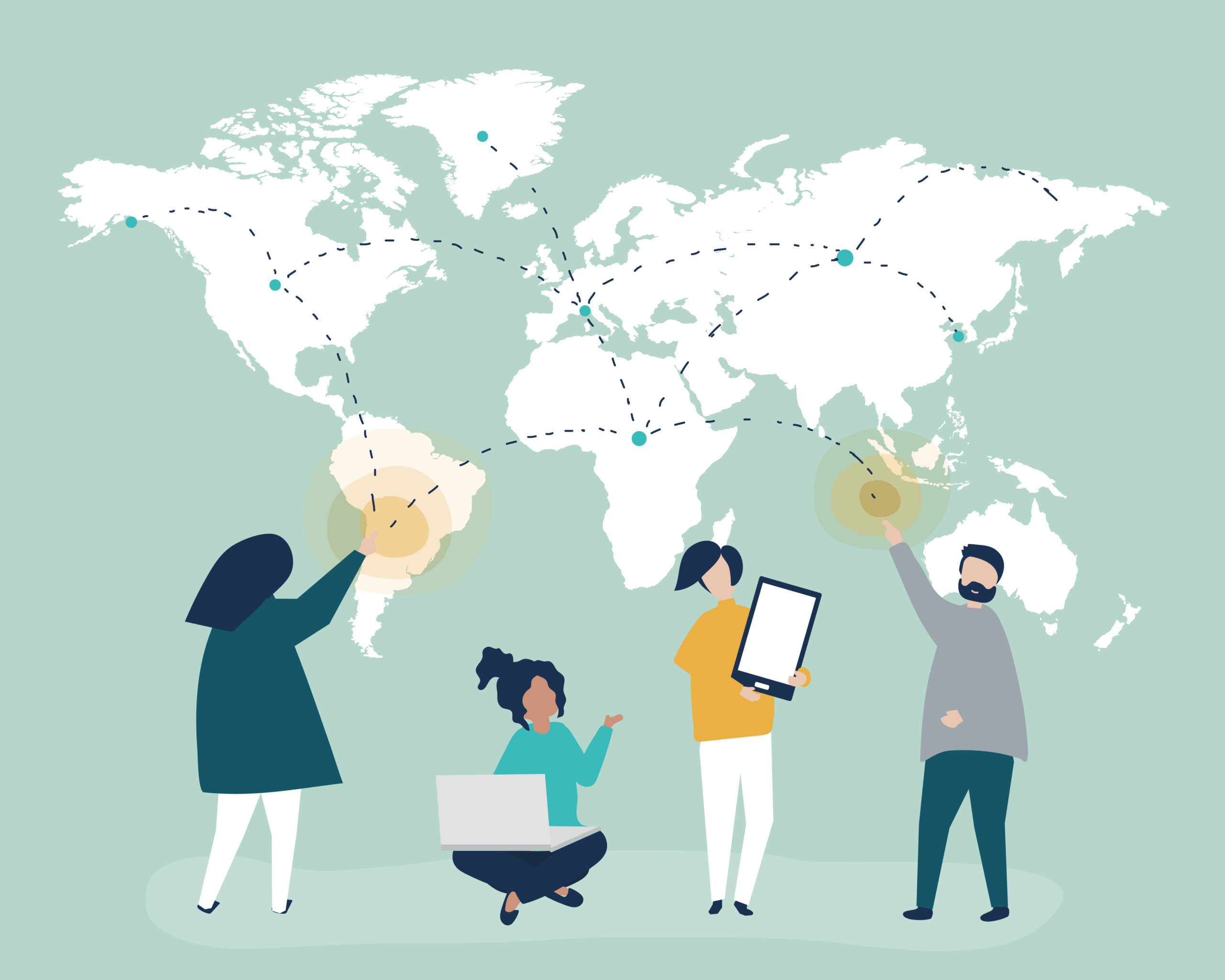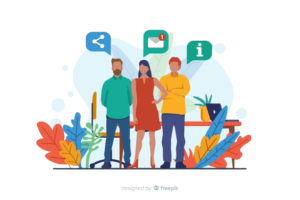Exploring the Diverse Landscape of Social Technology and Services
In today’s interconnected world, social technology has evolved dramatically, influencing how we communicate, collaborate, and engage with each other. This article explores the various types of social technology and services that have become integral to our daily lives, shaping both personal interactions and professional dynamics.
Social Media Platforms

1. Social Networking Sites
Social networking platforms like Facebook, LinkedIn, and Instagram allow users to create profiles, connect with friends, share updates, and join communities. These platforms facilitate personal and professional networking, content sharing, and social interactions.
2. Microblogging Services
Microblogging platforms such as Twitter and Tumblr enable users to share short, concise updates or multimedia content. These services are popular for real-time news, trends, and quick interactions.
3. Photo and Video Sharing Sites
Platforms like Instagram, Snapchat, and TikTok focus on visual content. They provide tools for sharing photos, videos, and stories, fostering creativity and engagement through multimedia.
4. Professional Networking Sites
LinkedIn is a prime example of a platform designed for career-oriented networking. It offers features for job searching, professional development, and industry-specific discussions.
Messaging and Communication Tools
5. Instant Messaging Apps
Apps like WhatsApp, Telegram, and Facebook Messenger offer real-time text, voice, and video communication. These services are essential for personal chats, group discussions, and even business communications.
6. Video Conferencing Tools
Zoom, Microsoft Teams, and Google Meet have revolutionized remote work and virtual meetings. They provide robust features for video calls, screen sharing, and collaborative workspaces.
7. Collaborative Platforms
Tools like Slack and Discord combine messaging and collaboration, offering channels for topic-specific discussions, file sharing, and project management.
Content Creation and Sharing
8. Blogging Platforms
WordPress, Medium, and Blogger allow individuals and organizations to publish articles, share ideas, and build an audience. These platforms support multimedia content and interactive features.
9. Podcast Hosting Services
Platforms like Spotify, Apple Podcasts, and Anchor provide the infrastructure for creating, hosting, and distributing podcasts. They cater to a wide range of genres and interests.
10. Livestreaming Services
Twitch, YouTube Live, and Facebook Live offer real-time broadcasting of events, gaming, and personal content. These services enable live interaction with viewers through comments and chat features.
Collaborative and Productivity Tools
11. Project Management Software
Platforms like Trello, Asana, and Monday.com facilitate project planning, task management, and team collaboration. They offer tools for tracking progress, deadlines, and resource allocation.
12. Document Collaboration
Google Workspace and Microsoft 365 provide cloud-based tools for creating, sharing, and editing documents, spreadsheets, and presentations in real-time.
Marketplaces and Sharing Economy
Exploring the Diverse Landscape of Social Technology and Services
13. E-commerce Platforms
Amazon, eBay, and Etsy are examples of marketplaces where individuals and businesses can buy and sell products. They offer features like customer reviews, ratings, and secure transactions.
14. Peer-to-Peer Services
Platforms like Airbnb and Uber connect service providers with consumers, enabling peer-to-peer accommodation rentals and ride-sharing services. These platforms rely on user feedback and ratings to build trust.
Educational and Learning Platforms
15. Online Learning Platforms
Coursera, Udemy, and Khan Academy offer courses, tutorials, and certification programs in various fields. They provide interactive learning experiences through videos, quizzes, and discussion forums.
16. Language Learning Apps
Duolingo, Rosetta Stone, and Babbel use gamified methods to teach new languages. These apps offer lessons, exercises, and practice opportunities with native speakers.
Health and Wellness Technology
17. Telehealth Services
Platforms like Teladoc and Amwell provide remote medical consultations, diagnostics, and treatment. They enable patients to access healthcare services from the comfort of their homes.
18. Mental Health Apps
Apps such as Headspace, Calm, and BetterHelp offer mental health support, including meditation guides, therapy sessions, and stress management tools.
Entertainment and Leisure
19. Streaming Services
Netflix, Hulu, and Disney+ deliver on-demand movies, TV shows, and original content. They offer personalized recommendations and high-quality streaming experiences.
20. Music Streaming Platforms
Spotify, Apple Music, and Pandora provide access to vast libraries of music, podcasts, and playlists. They offer features like offline listening, personalized recommendations, and social sharing.
Future Trends in Social Technology
21. Virtual Reality (VR) Social Platforms
VRChat and AltspaceVR are pioneering virtual reality spaces where users can interact in immersive, 3D environments. These platforms blend gaming, social networking, and virtual experiences.
Exploring the Diverse Landscape of Social Technology and Services
22. Augmented Reality (AR) Apps
Snapchat’s AR features and Pokémon GO exemplify how augmented reality is enhancing social interactions and entertainment through interactive, location-based experiences.
23. Blockchain-Based Social Networks
Steemit and Minds leverage blockchain technology to provide decentralized social networking platforms. They offer users control over their data and rewards for content creation.
Conclusion
Exploring the Diverse Landscape of Social Technology and Services
The social technology and services industry is vast and continually evolving, encompassing a wide range of platforms and tools that enhance communication, collaboration, and engagement. From social media to telehealth, these technologies are shaping our interactions and redefining how we connect with the world. As innovations continue to emerge, the impact of social technology on society will only grow, offering new opportunities and challenges for individuals and businesses alike.





